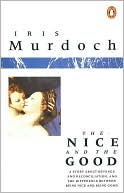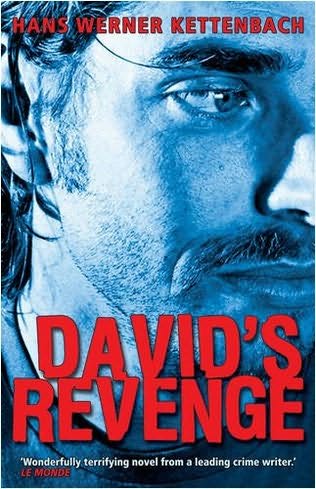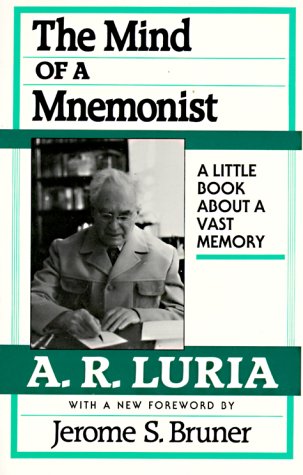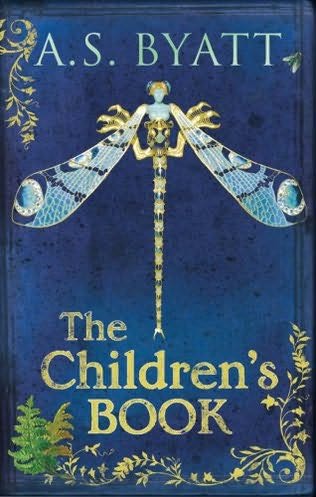
The day's musings are by Frank O'Hara, not me. His warped angle was necessary to counteract all the rain and all the talk. This poem has the
best opening line.
Meditations in an Emergency by Frank O'HaraAm I to become profligate as if I were a blonde? Or religious as if I were French?
Each time my heart is broken it makes me feel more adventurous (and how the same names keep recurring on that interminable list!), but one of these days there'll be nothing left with which to venture forth.
Why should I share you? Why don't you get rid of someone else for a change?
I am the least difficult of men. All I want is boundless love.
Even trees understand me! Good heavens, I lie under them, too, don't I? I'm just like a pile of leaves.
However, I have never clogged myself with the praises of pastoral life, nor with nostalgia for an innocent past of perverted acts in pastures. No. One need never leave the confines of New York to get all the greenery one wishes—I can't even enjoy a blade of grass unless I know there's a subway handy, or a record store or some other sign that people do not totally regret life. It is more important to affirm the least sincere; the clouds get enough attention as it is and even they continue to pass. Do they know what they're missing? Uh huh.
My eyes are vague blue, like the sky, and change all the time; they are indiscriminate but fleeting, entirely specific and disloyal, so that no one trusts me. I am always looking away. Or again at something after it has given me up. It makes me restless and that makes me unhappy, but I cannot keep them still. If only i had grey, green, black, brown, yellow eyes; I would stay at home and do something. It's not that I'm curious. On the contrary, I am bored but it's my duty to be attentive, I am needed by things as the sky must be above the earth. And lately, so great has their anxiety become, I can spare myself little sleep.
Now there is only one man I like to kiss when he is unshaven. Heterosexuality! you are inexorably approaching. (How best discourage her?)
St. Serapion, I wrap myself in the robes of your whiteness which is like midnight in Dostoevsky. How I am to become a legend, my dear? I've tried love, but that hides you in the bosom of another and I am always springing forth from it like the lotus—the ecstasy of always bursting forth! (but one must not be distracted by it!) or like a hyacinth, "to keep the filth of life away," yes, there, even in the heart, where the filth is pumped in and slanders and pollutes and determines. I will my will, though I may become famous for a mysterious vacancy in that department, that greenhouse.
Destroy yourself, if you don't know!
It is easy to be beautiful; it is difficult to appear so. I admire you, beloved, for the trap you've set. It's like a final chapter no one reads because the plot is over.
"Fanny Brown is run away—scampered off with a Cornet of Horse; I do love that little Minx, & hope She may be happy, tho' She has vexed me by this Exploit a little too.—Poor silly Cecchina! or F:B: as we used to call her.—I wish She had a good Whipping and 10,000 pounds."—Mrs. Thrale.
I've got to get out of here. I choose a piece of shawl and my dirtiest suntans. I'll be back, I'll re-emerge, defeated, from the valley; you don't want me to go where you go, so I go where you don't want me to. It's only afternoon, there's a lot ahead. There won't be any mail downstairs. Turning, I spit in the lock and the knob turns
 I didn't read To Say Nothing of the Dog all that recently however, it's the first book I thought of when I read today's question. Connie Willis is funny, fun, and imaginative. This book is delightful - part science fiction, part love story, part wartime adventure, and of course there's the dog. I tend to expect more belly laughs from shorter pieces like some of Woody Allen's essays in Without Feathers or Steve Martin's amazing spoof on side effect inserts in medications, which was in The New Yorker quite a while back and is probably the funniest thing I have ever read.
I didn't read To Say Nothing of the Dog all that recently however, it's the first book I thought of when I read today's question. Connie Willis is funny, fun, and imaginative. This book is delightful - part science fiction, part love story, part wartime adventure, and of course there's the dog. I tend to expect more belly laughs from shorter pieces like some of Woody Allen's essays in Without Feathers or Steve Martin's amazing spoof on side effect inserts in medications, which was in The New Yorker quite a while back and is probably the funniest thing I have ever read.





























